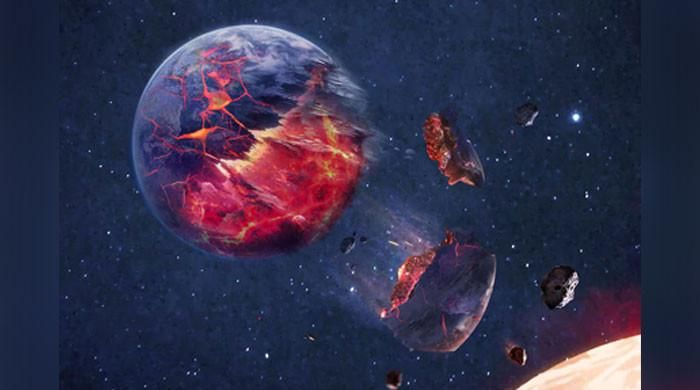A new study involving at least 91 pairs of twin stars has revealed that these planetary bodies, which possess matching sizes and chemical compositions, have shown signs of having ingested a planet.
According to scientists, Reuters As reported, the event could have occurred after the planet was sent careening out of its balanced orbit for several different reasons.
In their approximately 4.5 billion years of existence, Earth and its sister planets, as part of the planetary system that revolves around the sun, have remained stable. But this latest discovery shows that other planetary systems are not so lucky.
The study has analyzed pairs of stars that formed within the same interstellar cloud of gas and dust (so-called conatal stars), giving them the same chemical composition and having approximately the same mass and age. These are the “twins.” While the pairs move in the same direction within our Milky Way, they are not binary systems of two stars gravitationally bound to each other.
The chemical composition of a star changes when it envelops a planet because it incorporates the elements that make up the doomed world. The researchers looked for stars that differed from their twins because they had higher amounts of telltale elements such as iron, nickel or titanium, indicating remains of a rocky planet, compared to certain other elements.
“These are elemental differences in abundance between two stars in the same system,” said astronomer Fan Liu of Monash University in Australia, lead author of the study published in the journal Nature.
In seven of the pairs, one of the two stars showed evidence of planetary ingestion.
Possible reasons for a planet to fatally plunge into its host star include an orbital perturbation caused by a larger planet or another star passing uncomfortably close, destabilizing the planetary system, the researchers said.
“This really puts our fortuitous position in the universe into perspective,” said astrophysicist and study co-author Yuan-Sen Ting of the Australian National University and Ohio State University. “The stability of a planetary system like the solar system is not a fact.”












